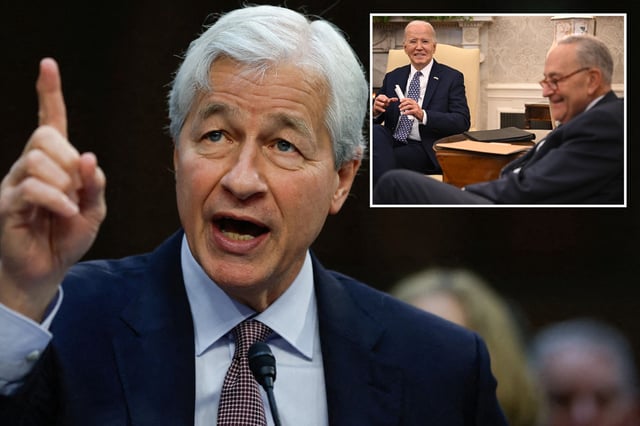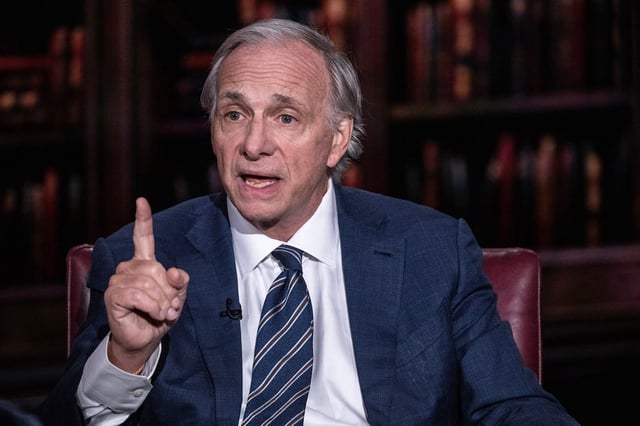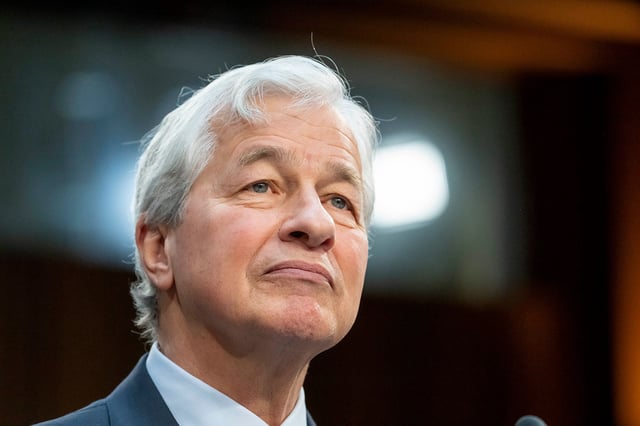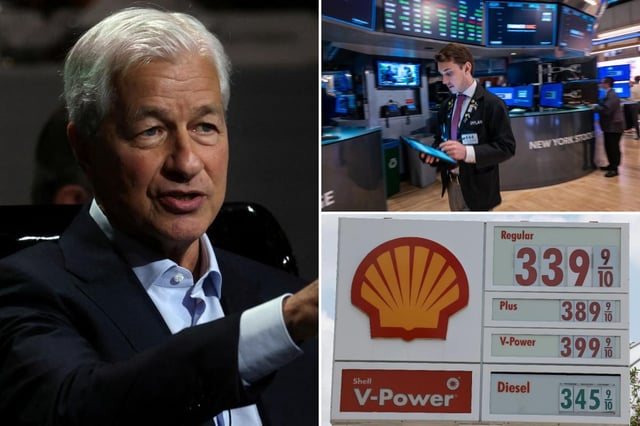Overview
- Dimon believes inflation and interest rates may remain elevated longer than markets expect.
- He cites geopolitical tensions and government spending as key inflationary pressures.
- Dimon stresses the need for the U.S. to address its fiscal deficit to avoid future economic crises.
- Concerns include potential stagflation and higher borrowing costs due to waning investor confidence.
- Dimon advocates for proactive engagement with China despite ongoing geopolitical challenges.



